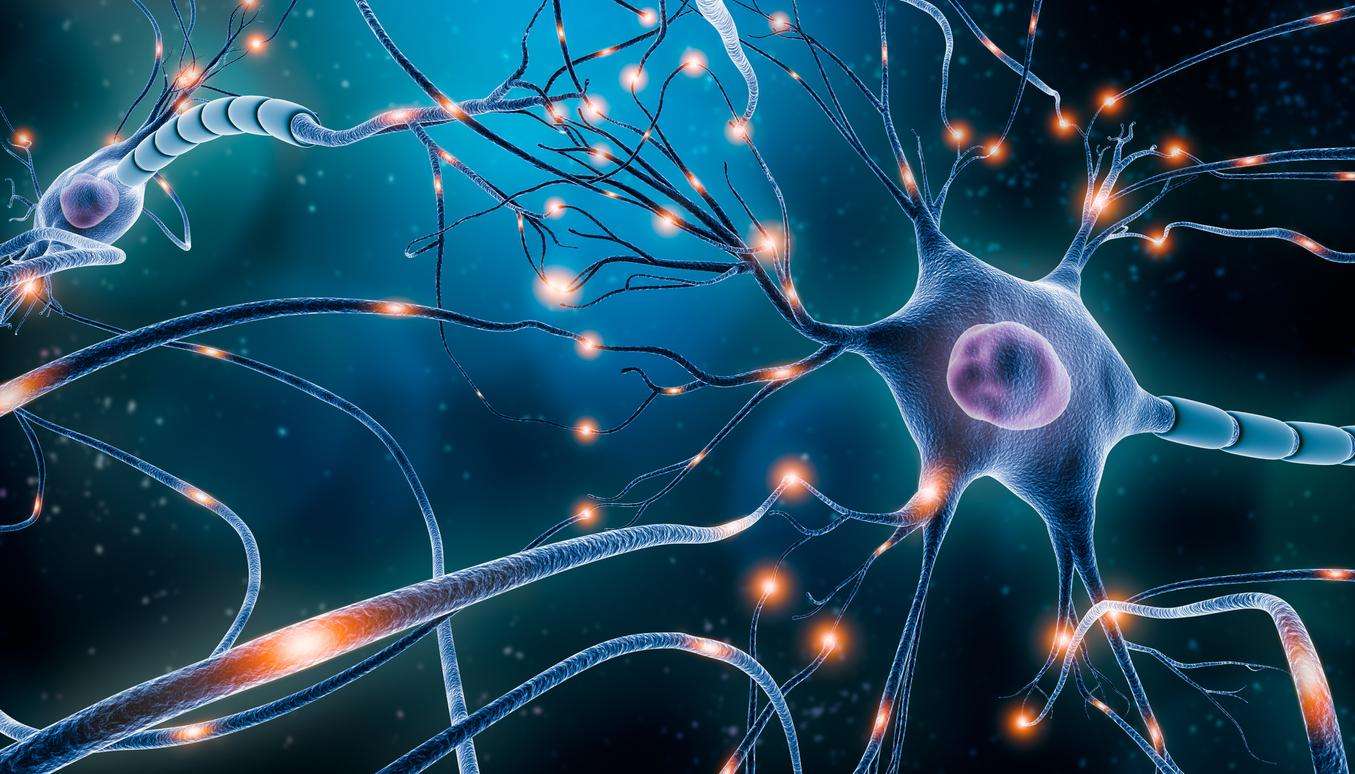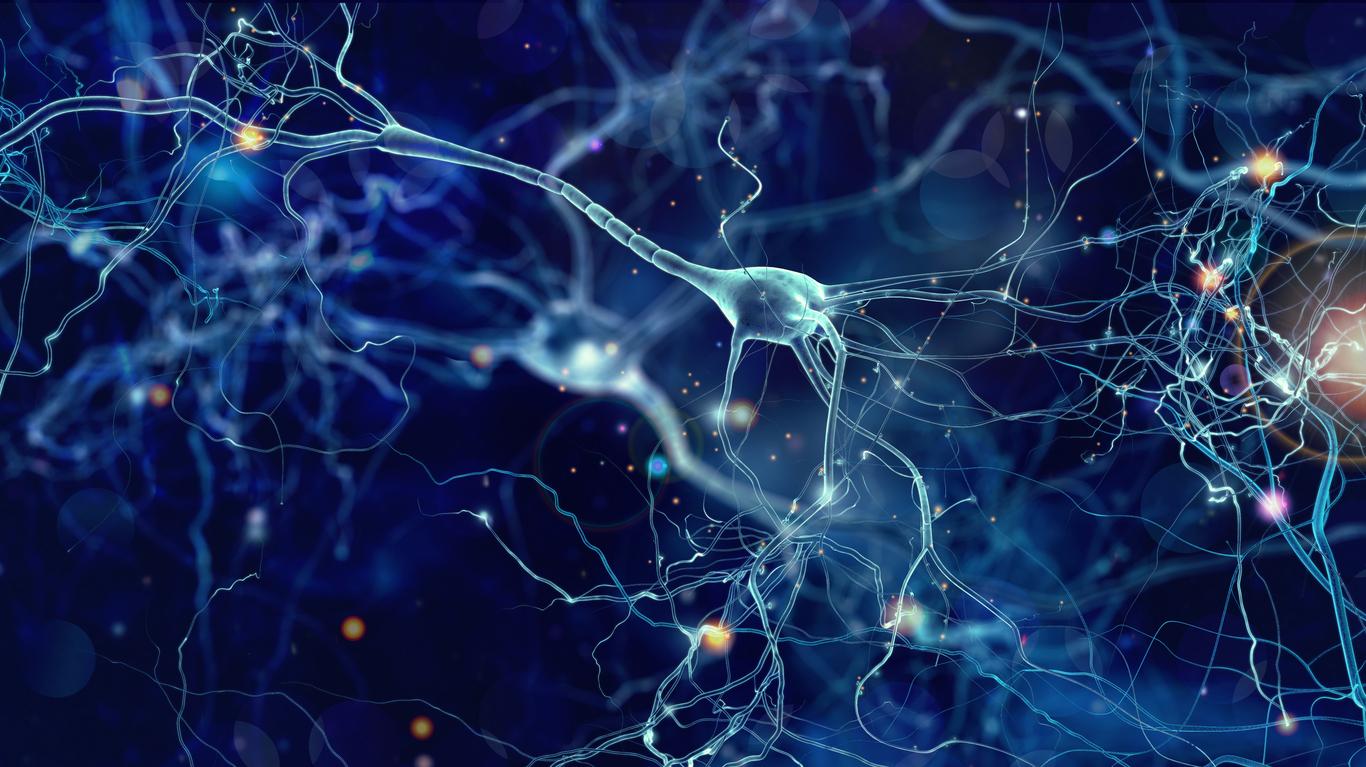Specific neurons directly detect the rhythmic movements of blood vessels induced by heartbeats in the brain and can therefore detect the pulse inside the organ.

- Neurons in the olfactory bulb, a region of the brain, are impacted by heart rate.
- They would have special sensors that detect heartbeat pressure and release electrical activity whenever the pressure changes.
- Heart rate and pulse can be detected anywhere in the brain because these sensors are present throughout the organ.
In the brain, there are 100 billion nerve cells, i.e. neurons, according to the Brain Institute. The latter communicate with each other by electrical signals and also have the role of transmitting information to other nerve, muscle and glandular cells. But, beyond this role of vectors of information, researchers of the University of Regensburg (in German Regensburg) have just revealed that neurons can also sense internal signals from the body, that is to say the rhythmic movements of blood vessels in the brain, and therefore the pulse, induced by the heartbeat. This is called “interoception.”
About 15% of olfactory bulb neurons were driven by heartbeat in mice
In a study published in the journal Scienceneuroscientists have wanted to study, in the laboratory, the impact of interoception on neuronal electrical oscillations in the brain. To do this, they carried out experiments on rats. More precisely, they studied the oscillations of neurons in the olfactory bulb, a small brain region that processes the olfactory message coming from receptor neurons in the nasal cavity.
The authors excluded other factors that could impact neuronal electrical oscillations, including the heart or lungs. The bulb’s vascular system was reconstituted using a pump that pumped artificial blood. Their hypothesis was as follows: mitral cells, the main neurons of the olfactory bulb, were capable of directly detecting pulsations of vascular blood pressure – the pump – associated with the heart rate.
“In awake mice, we found that neuronal activity was indeed modulated by heartbeats, with about 15% of olfactory bulb neurons entrained by this rhythm, most of the time within 20 milliseconds,” can we read in the works.
It’s possible that “the way your heart beats can affect the way you think and feel”
But how are pump-induced blood pressure pulsations translated into electrical activity of mitral cells? According to Dr. Luna Jammal, principal investigator of this study, there are special sensors on the mitral cells, fast mechanosensitive ion channels, which cause the cell to release a current whenever the pressure around it changes.
These are present throughout the brain, meaning that the heartbeat and therefore pulse can be detected anywhere in the brain. But why does the human body have this function? “No one knowsexplains Luna Jammal, in a communicated. One possibility is that the way your heart beats can affect the way you think and feel. By having the sensors directly in the brain, the effect of heartbeat on your thoughts can be almost instantaneous.“
















